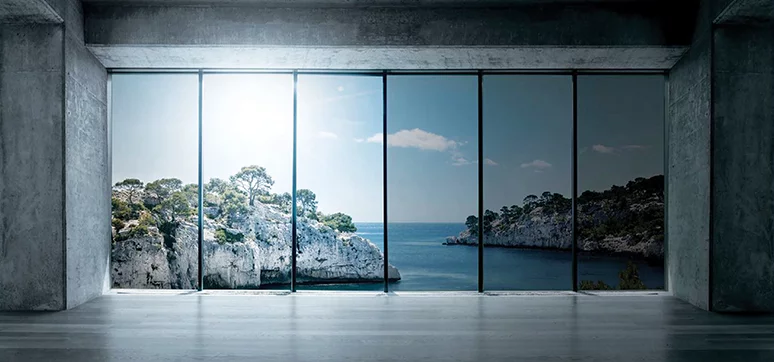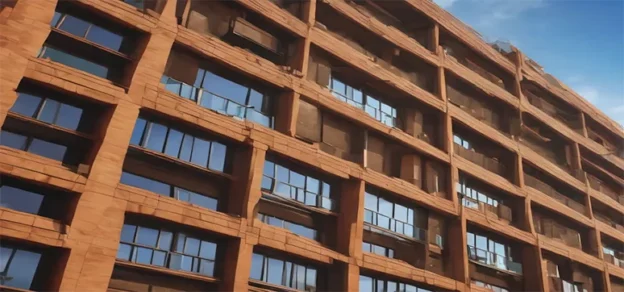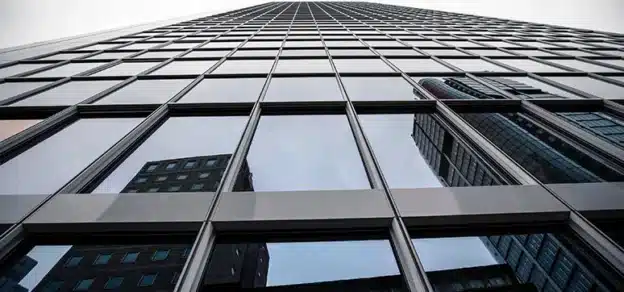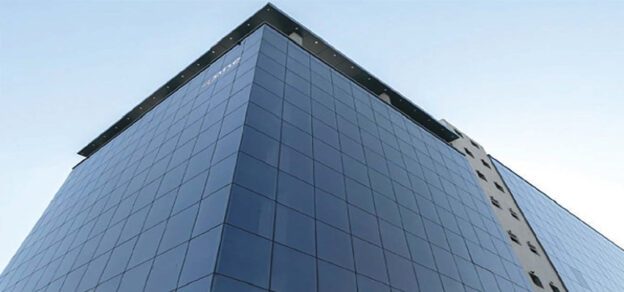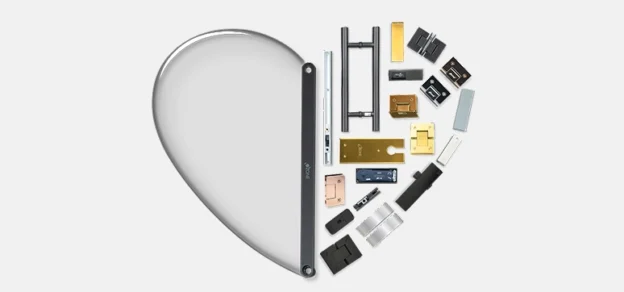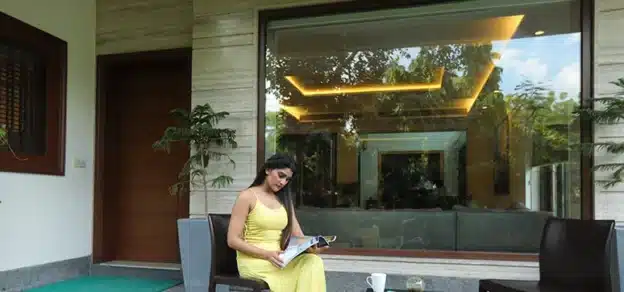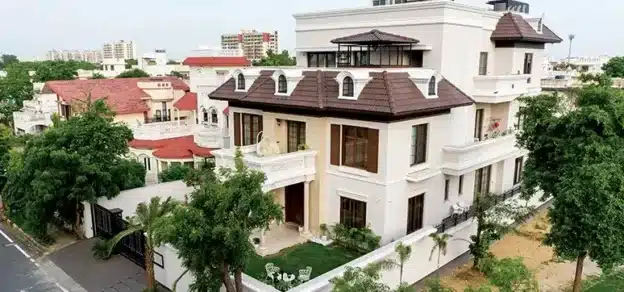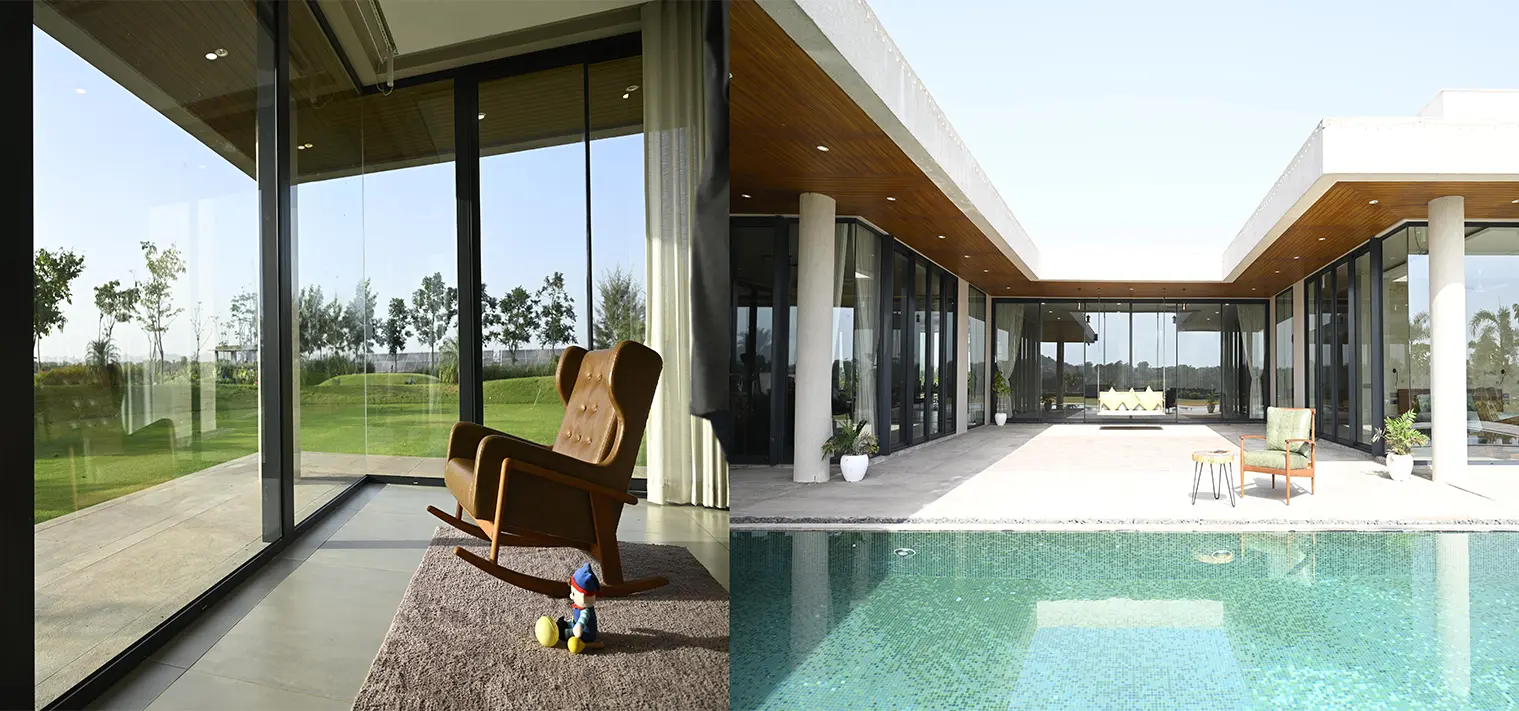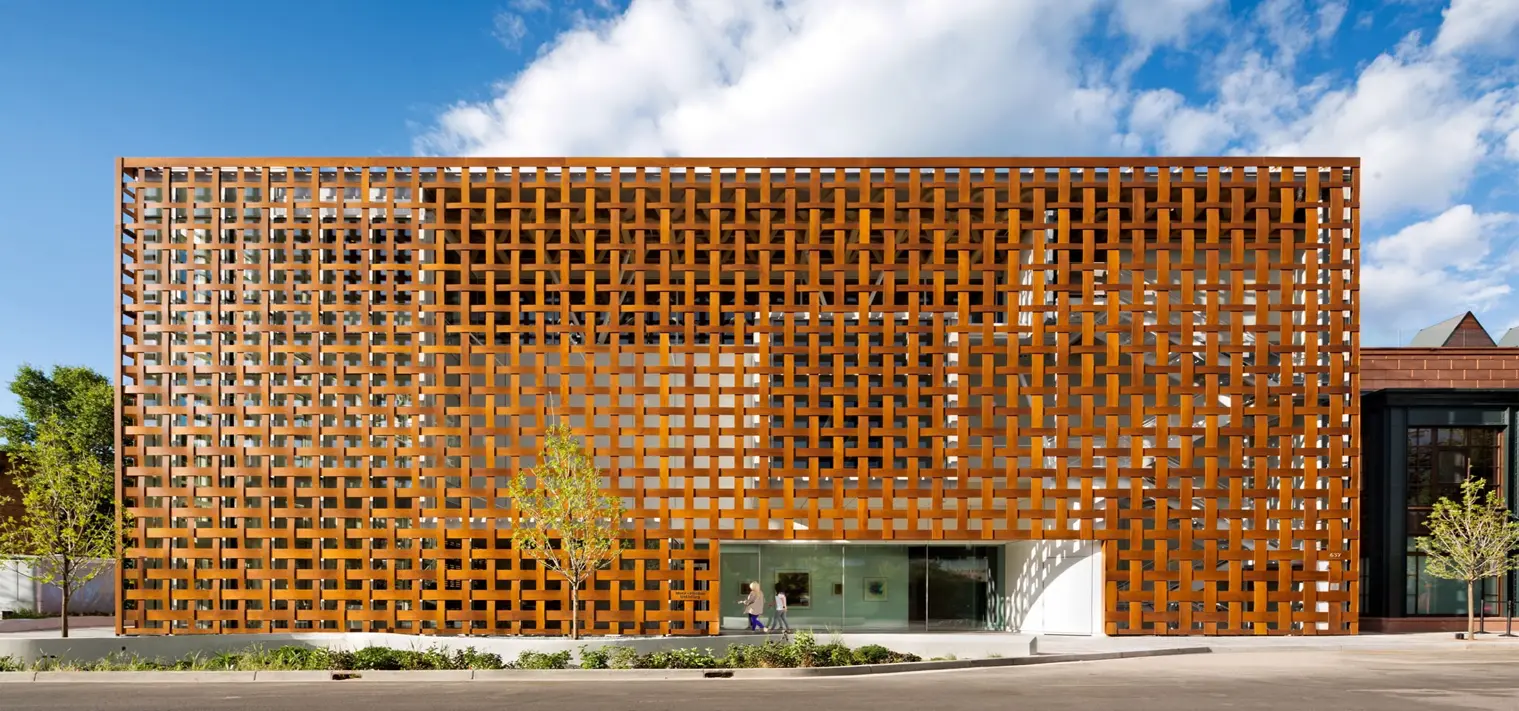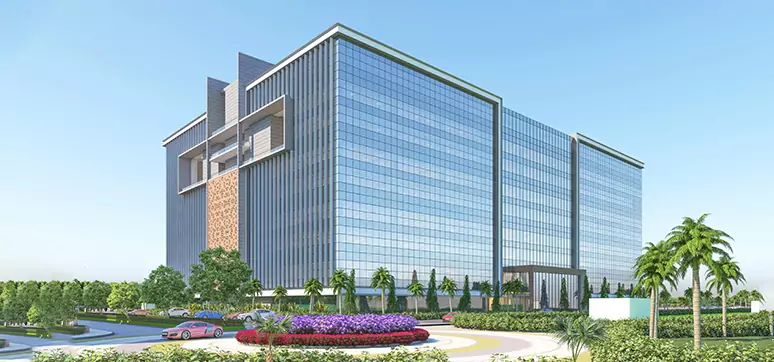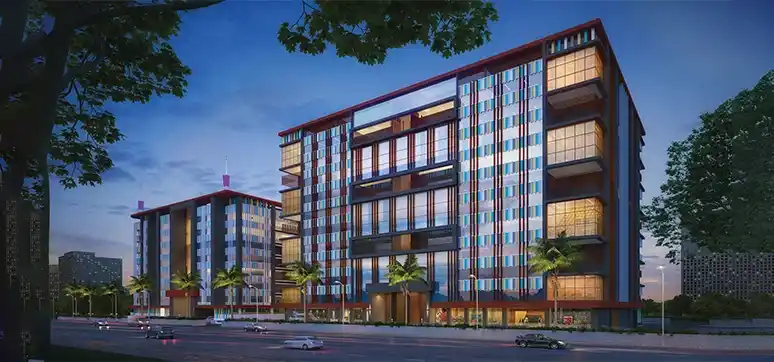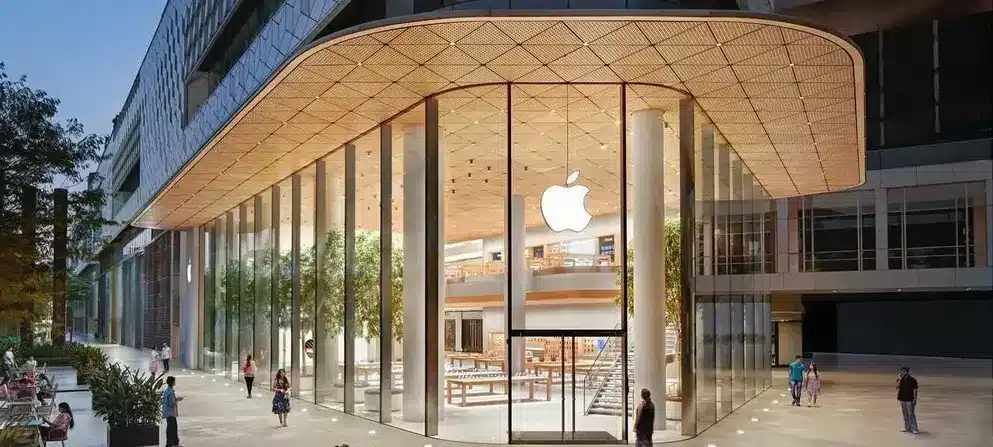Halio glass has a light transmission value of 65%. With a colour rendering index of 97 in its clear state, it is a completely neutral colour, and no unnatural blue cast, grid patterns or erratic gradients occur even as the glass tints to shades of grey. Halio glass can tint to a minimum light transmission value of 2% in less than three minutes. This is much faster than any other system currently on the market. Depending on the glass structure, Halio glass achieves Ug values of up to 0.6 W/(m2K). Halio’s control system automatically optimises the amount of daylight entering the room, and, thanks to its dynamic solar coefficient, Halio can manage heat gains and reduce cooling needs. Halio is recommended for all sustainable building projects, whether Passive House, Minergie, BREEAM, WELL or LEED certifications.
Halio dynamic glass is the future of the façade. Modern façades self-adjust automatically, incorporate dynamic solar protection and provide perfect thermal insulation and natural light, all combined with a sleek design. With its smooth and precise glass tinting technology, Halio makes façades and smart buildings even smarter and more efficient. Dimmable glazing automatically reacts to the weather outside and can be programmed as required. Smart Halio glass creates ideal conditions in terms of visual quality, thermal comfort, and energy efficiency. This highly automated system is controlled by the Halio Cloud, which communicates with all common building automation systems and can be operated via apps, voice commands or decentralised control panels. The Halio Cloud is fully equipped to support EN 17037 implementation.
EN 17037 provides designers and developers with basic target values for day lighting interiors. In this connection, the standard distinguishes between three levels: minimum, medium and high. The standard also defines three recommendation levels, minimum, medium and high, for view out of the space, exposure to sunlight and protection from glare.
Geographical location, façade orientation, and weather conditions, as well as individual preferences, can all be factored into Halio’s daylight management. Based on the latest research findings, this standard sets out recommendations for daylight provision in interior spaces and also addresses the issues of view out, exposure to sunlight and protection against glare. With their smart control systems, switchable solar control glass products such as Halio make a vital contribution to modern daylight planning.
For enquiries, contact: sandeep.kashyap@ halioglass.com or visit: www.halioglass.eu.
